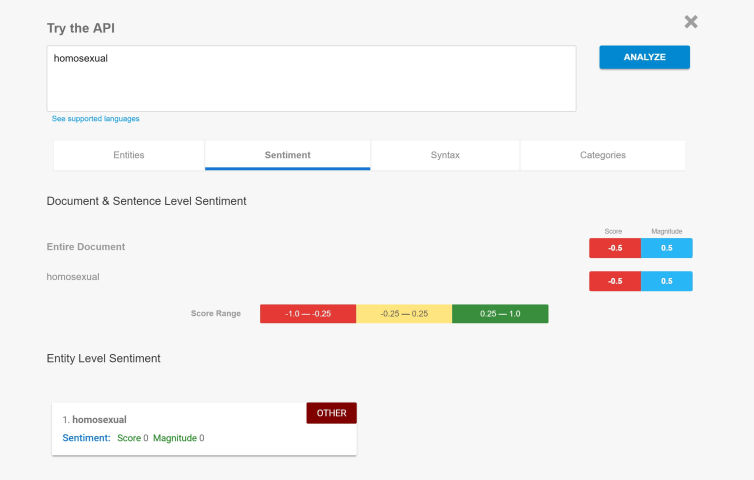Tools
Entities
View all entitiesIncident Stats
Risk Subdomain
3.1. False or misleading information
Risk Domain
- Misinformation
Entity
AI
Timing
Post-deployment
Intent
Unintentional
Incident Reports
Reports Timeline

Several big businesses have published source code that incorporates a software package previously hallucinated by generative AI.
Not only that but someone, having spotted this reoccurring hallucination, had turned that made-up dependency in…

AI models just can't seem to stop making things up. As two recent studies point out, that proclivity underscores prior warnings not to rely on AI advice for anything that really matters.
One thing AI makes up quite often is the names of sof…

The rise of LLM-powered code generation tools is reshaping how developers write software - and introducing new risks to the software supply chain in the process.
These AI coding assistants, like large language models in general, have a habi…

A new class of supply chain attacks named 'slopsquatting' has emerged from the increased use of generative AI tools for coding and the model's tendency to "hallucinate" non-existent package names.
The term slopsquatting was coined by securi…
Variants
Similar Incidents
Did our AI mess up? Flag the unrelated incidents

Hackers Break Apple Face ID

Biased Sentiment Analysis

All Image Captions Produced are Violent
Similar Incidents
Did our AI mess up? Flag the unrelated incidents

Hackers Break Apple Face ID

Biased Sentiment Analysis




